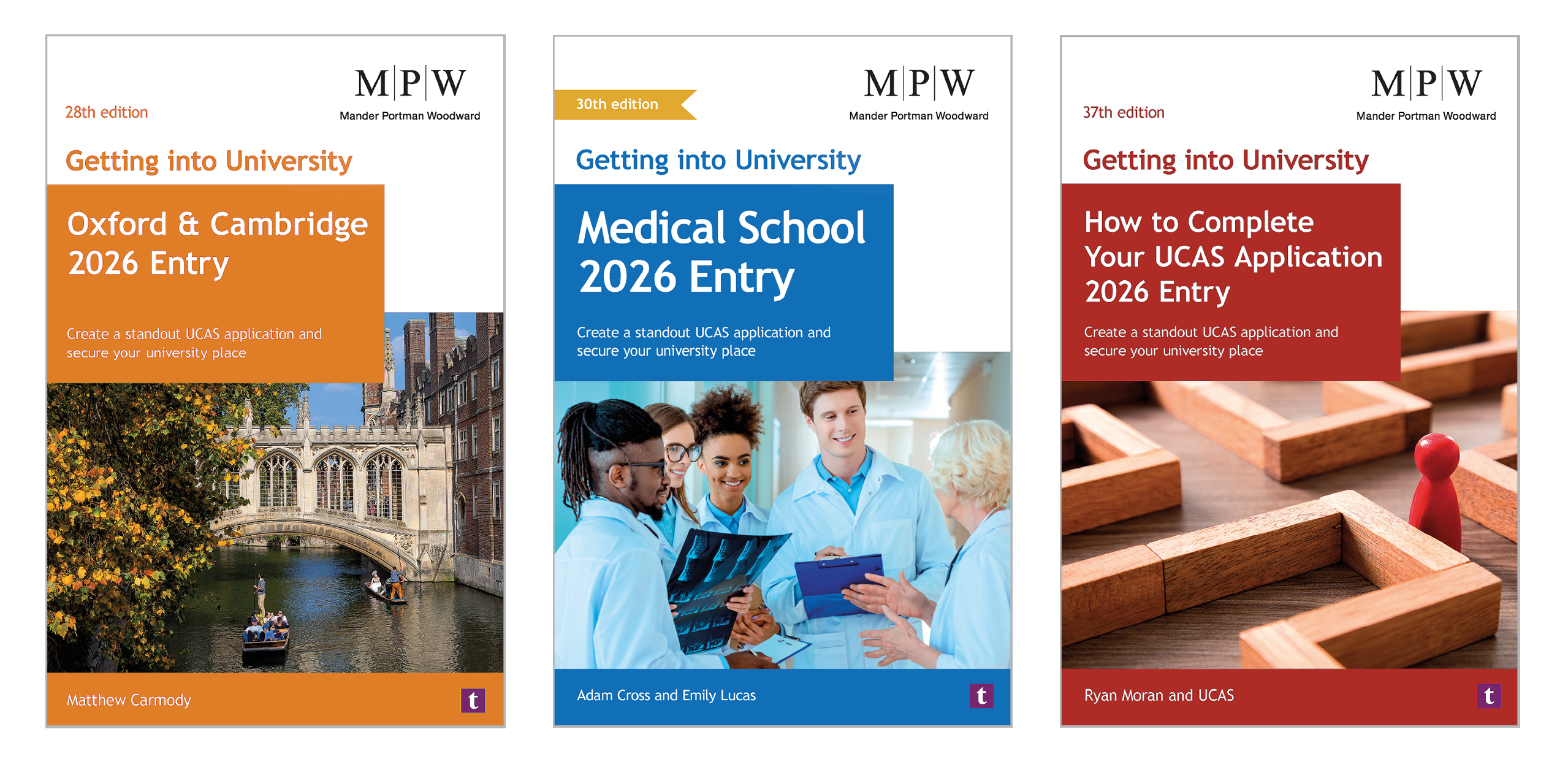Engineering Pathway
Choose this pathway to progress to Engineering based degrees with the potential for entry onto Maths and/or Computer Science degrees. With the addition of an Art portfolio, you can also apply for Architecture degrees. This can be completed at MPW with private tutoring or in small groups within the Art department.
Entry requirements
- Successful completion of UFP Science Maths entry test and/or GCSE Maths with a grade of 7 or above, or equivalent.
- GCSE Physics with grade of 4 or above, or equivalent (Computer Science qualification not required).
- English language level of IELTS 5.0 or equivalent with a minimum of 4.5 in each component.
Core modules
- English for Academic Purposes (EAP)
- Pure Maths
Linear, quadratic and cubic equations, differentiation of simple algebraic functions, integration of simple algebraic functions.
- Decision-based Maths
Algorithms and graph theory, allocation problems, game theory, statistics.
- Physics: Mechanics
Scalar and vector quantities, Newton’s laws of motion, friction, drag, and terminal velocity, principles of statics, including moments and torques, kinetic and potential energies, circular motion and centripetal force, simple harmonic motion and resonance.
- Physics: Electricity and Magnetism
Ohm’s law and resistance, electromotive force and potential difference, Kirchhoff’s laws to DC circuits, electric fields and Coulomb’s law, magnetic fields and Fleming’s left-hand rule, electromagnetism and Faraday’s law, gravitational fields and Newton’s law of gravitation.
Optional Modules
Students choose either the Chemistry or Computer Science Engineering stream and study the two modules within that stream.
- Chemistry: Physical and Organic
Energetics, rates of reaction and equilibrium, reactions of organic compounds.
- Chemistry: Physical and Inorganic
Atomic structure and the periodic table, redox reactions and group chemistry.
- Computer Science: Theory
Boolean logic, truth tables, and binary arithmetic, data representation including the use of 7‑bit ASCII encoding and the construction of bitmap images, Artificial Intelligence and Large Language Models, cybersecurity fundamentals.
- Computer Science: Programming
Develop, debug, and refine high level programming code by applying problem solving techniques, variables, control structures, data types, and subprograms—to design, implement, and systematically test algorithms, incorporating robust input/output operations and file handling with appropriate data validation.
“Getting into…’ University Guides


